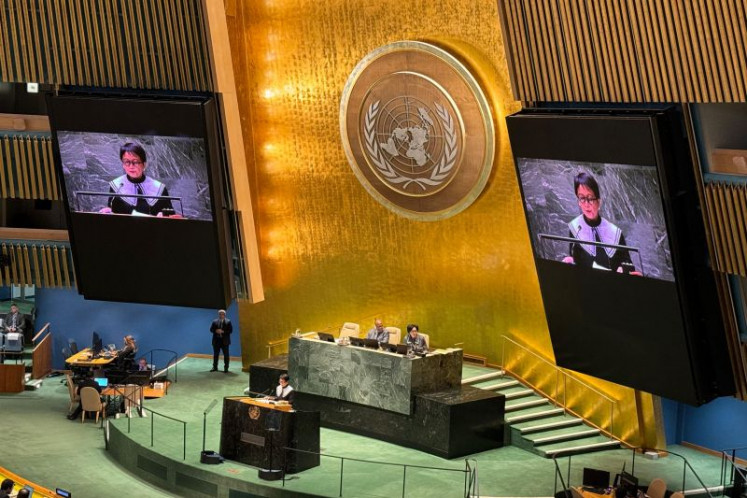The multilateral tools to prevent tax dodgers
OECD, with the support of G20, will end tax avoidance with its base erosion and profit shifting (BEPS) initiative.
Change Size
 Over the years, tax treaties have been misused to reduce taxes and thus erode countries’ tax base. (Shutterstock/File)
Over the years, tax treaties have been misused to reduce taxes and thus erode countries’ tax base. (Shutterstock/File)
I
t has been acknowledged that many multinational enterprises have legally used tax treaties for tax avoidance purposes. Over the years, tax treaties have been misused to reduce taxes and thus erode countries’ tax base. This situation is in contrast to the initial intention of tax treaties, which is to eliminate double taxation that may occur in cross-border trade and investment.
The Organization for Economic Cooperation and Development (OECD), with the support of the leaders of G20, will end tax avoidance with its base erosion and profit shifting (BEPS) initiative.
The BEPS itself refers to tax planning with the intention to shift profit to lower or no tax countries so that multinationals are able to minimize their tax burden as a group.
How do multinationals reduce their taxes? Let see a simple “treaty-shopping” case. Company Y in state Y intends on giving a loan to company A in Indonesia. The absence of a tax treaty between Indonesia and state Y will lead company Y to set up an interposed company X in state X, which has a tax treaty with Indonesia to benefit from the treaty. The loan, from company Y to company A will flow through company X. This way, company X may be entitled to benefit from Indonesia — state X’s tax treaty with a reduced tax rate, let’s say 10 percent, according to the treaty on interest income received by company X, instead of 20 percent withholding tax if company Y lends directly to company A.
The BEPS action plan final report approved by the OECD last year encompasses 15 actions to tackle BEPS, in which one of them is to modify bilateral tax treaties through the multilateral instrument (MLI).
There are more than 2,000 of tax treaties worldwide. If countries have to renegotiate treaty by treaty basis with their treaty partners to implement BEPS measures, it will take ages to complete. The MLI enables countries to implement the BEPS measures and amend their bilateral tax treaties in a short period.
A participating country must decide which of its existing treaties will be covered by the MLI and which provisions of the MLI will apply to each tax treaty. Once those options match options taken by its treaty partner, the amended tax treaty will be ratified and come into force.
















